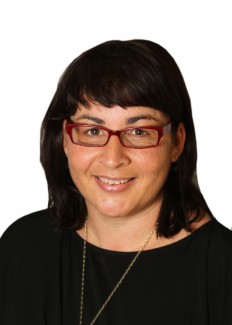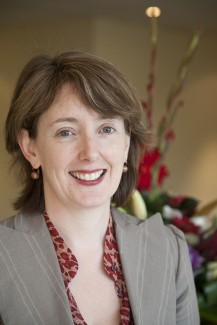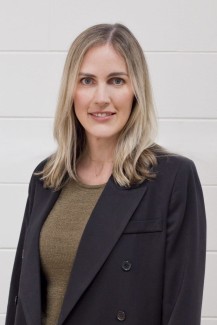Fertility Associates - Te Waipounamu | South Island
Description
Starting a family is one of the biggest decisions people make in life, yet having a baby is not always easy.
As New Zealand’s leading provider of fertility diagnosis, support and treatment, Fertility Associates is dedicated to giving you the best possible chance of having a baby.
We’ve been busy building families for over 36 years with more than 29,000 babies born so far. Committed to excellence, each Fertility Associates clinic has a close-knit team of doctors, nurses, counsellors and scientists who provide full patient support throughout treatment. Our clinics feature modern facilities and state of the art equipment.
With clinics located throughout New Zealand, we're conveniently accessible to you, and we also extend our services to residents of New Caledonia and Tahiti. Whether you opt for private or publicly funded consultation and treatment, we're here to support you.
We offer both private and publicly funded consultation and treatment. If you have a fertility question that remains unanswered, the sooner you talk to us the better your chances of success.
To contact one of our clinics or make an appointment, please call 0800 10 28 28 or visit us online at www.fertilityassociates.co.nz
We also offer a Free Nurse Consultation service - your patients can book online here.
What is Infertility?
Infertility is usually defined as not becoming pregnant after a year of trying, but some couples know or suspect they are infertile well before a year is up. For instance, the woman might have irregular periods or not ovulate at all.
For more information on infertility please visit Understanding Your Fertility.
When Should I do Something? The right time to seek help is when you are concerned about your fertility. Often simple tests to check ovulation and sperm quality will give you some clarity on next steps. General guidelines are that you should refer to a fertility specialist if you have been trying to conceive for 12 months without success and the woman is under 35, or refer earlier if the woman is 35 or older.
For more information on this please visit our Biological Clock.
Other Languages: Fertility Information
Fertility Associates provides information on fertility treatments in Maori, French and Chinese. We can also assist those patients who require a Maori, French or Chinese interpreter.
Other Services
We also offer obstetrics, endocrinology, vasectomy reversal, and gynaecology.
Practitioners
Services Provided
Charges
- Contact us
- Make an appointment
- Referral
How do I access this service?
Disability Assistance
- Provision for wheelchair access
- Provision of wheelchair accessible toilet
- Provision of mobility parking space




